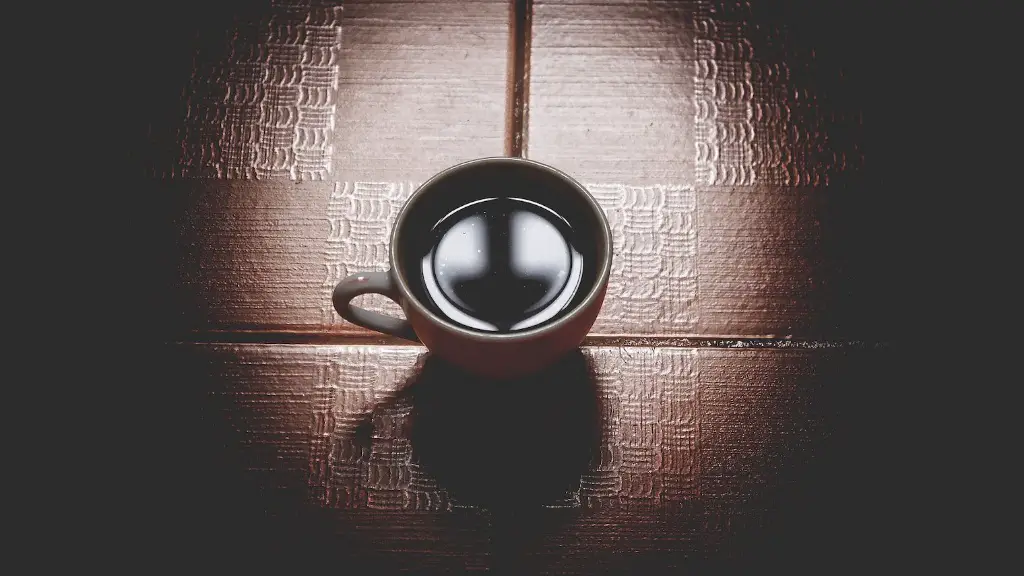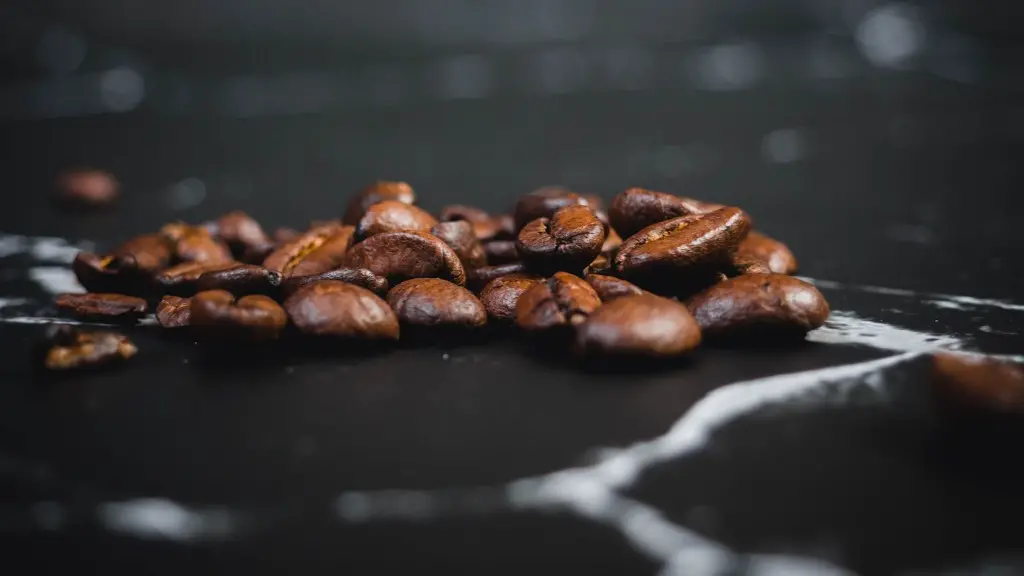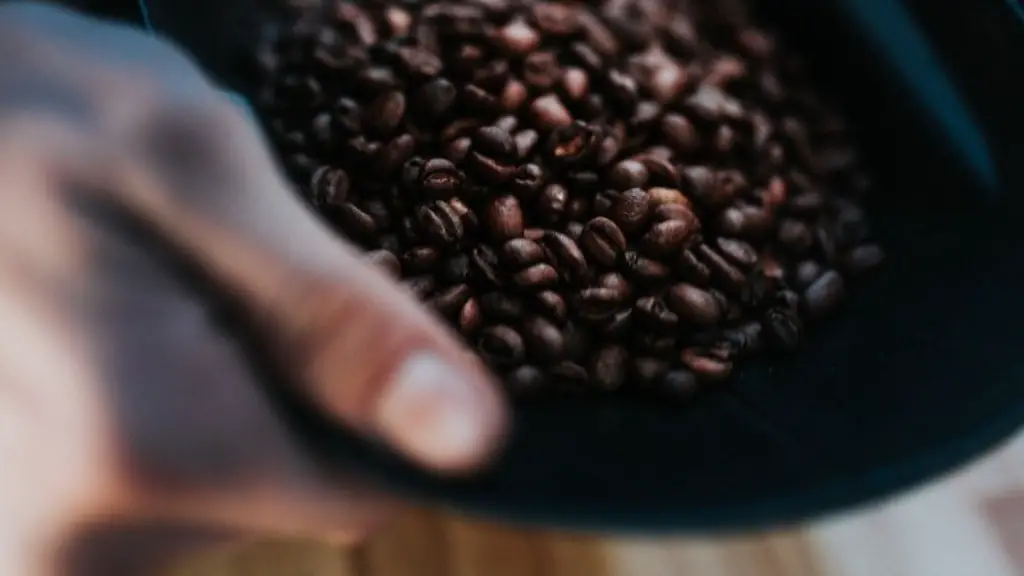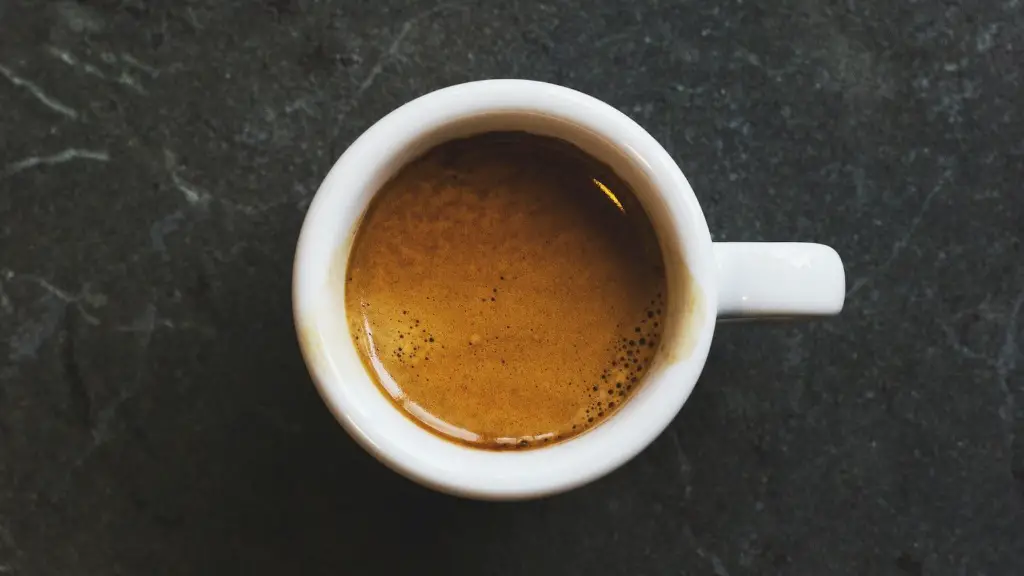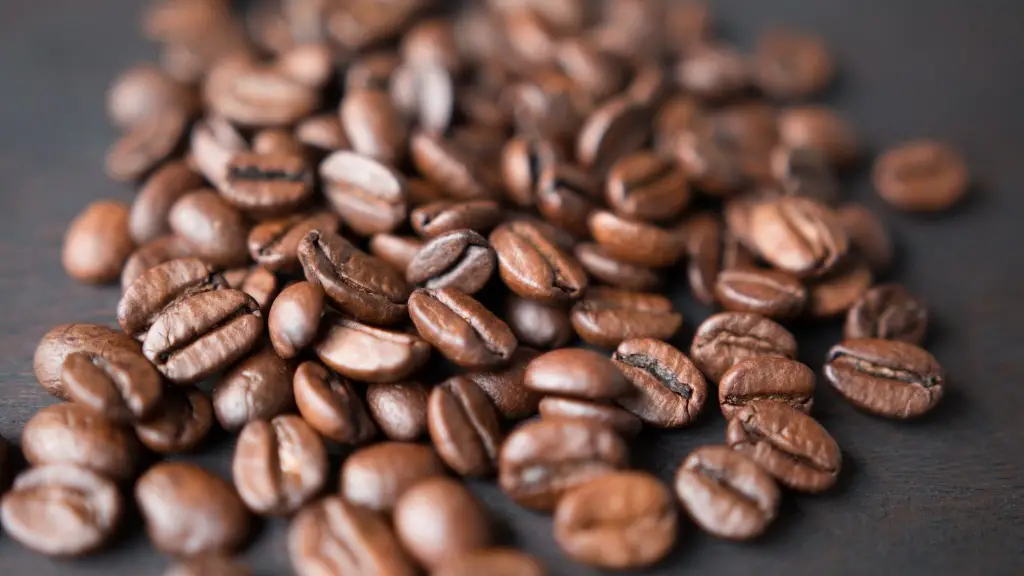Fasting for a blood test is a common procedure when preparing for a medical appointment. Yet many might wonder if they can still drink coffee while fasting so they can enjoy the energy boost they gain from the beverage. Answering this question involves exploring the potential risks and effects of consuming caffeine during the fasting period.
Energising drinks, like coffee, are known to stimulate and increase the body’s metabolism. So, if you do have your morning caffeine kick before a fasting blood test, it could affect the results as some of the metabolic processes involved in digestion and absorption could be quicker under the influence of caffeine. This could lead to a high concentration of glucose in your blood, as well as levels of other substances such as triglycerides being increased.
Dieticians and nutritionists agree that drinking coffee before a blood test should be avoided, due to the negative implications it can have on the results. As stated by registered dietitian nutritionist and fitness expert, Hannah Lewis, “A cup of coffee can affect the results of both a fasting and non-fasting lab test. If you are drinking a cup of coffee, you may be drinking caffeinated or decaffeinated, so both can have an effect.” Lewis goes on to explain that caffeine can increase certain hormones in the body, such as cortisol and adrenaline, which can possibly result in a different interpretation to what is witnessed in the fasting blood test.
Taking into account the individual’s health, it can be suggested to exercise caution if one is going through the fasting process. A complete fast would be recommended, without any caffeine or sugar-containing drinks, as no food or drink should be taken within four hours prior to a blood test, to guarantee the most definitive results.
It’s important to note that, depending on the person, caffeine might influence the results of a blood test differently. When in doubt, it might be best to opt for herbal tea or plain water to help fast for a blood test.
Effects on Sleep Quality
Coffee, being a stimulant, can have a short-term effect on sleep quality. The consequences of lack of sleep are countless and the body needs at least seven hours of restful sleep every night to feel restored and energetic. During fasting for a blood test, it is suggested that no caffeine is consumed, so that the natural rhythm of sleep isn’t disturbed.
According to sleep physician and professor of Radiology, Dr Kenneth B. Christopher, “Caffeine can delay the onset of deep sleep, resulting in fragmented sleep and an overall reduction in the quality of sleep you get.” Christopher goes on to explain that the impact on sleep patterns can differ greatly from person to person, depending on their own unique biological make-up.
Further advice on how to get a good night’s sleep can be obtained from a healthcare professional. A complete fast, however, should be adhered to while preparing for a blood test.
Digestive System Sensitivities
Certain people have a heightened sensitivity in their digestive tract and could experience acid reflux due to consumption of coffee. When fasting for a blood test, frequent trips to the bathroom can be avoided by opting for decaffeinated coffee, or avoiding it all together.
A rough guide for reducing the risk for digestive sensitivities is to first look for good quality beans that are grown under optimal growing conditions. Certified organic coffee contains lower levels of acidity and is often considered gentle on the digestive system.
Another way to reduce the chances of suffering from digestive discomfort when fasting is to reduce the amount of sugar added, as higher concentrations of sugar can aggravate pre-existing conditions.
It should also be noted that side effects caused by drinking too much coffee can also occur during the fasting period. As with any other beverage, moderation is key.
Stress Levels and Functions
Caffeine intake tends to increase stress levels, which could influence the test results as cortisol is produced by the adrenal gland in response to stress. Usually, the level of cortisol present in the body depends on its cycle and is found to be highest in the morning.
This can be problematic if caffeine is consumed during the fasting period. It is suggested that people do not drink coffee on the morning of the test, so that their cortisol levels can remain as close to what is natural for them.
Medical professionals also advise that avoiding caffeine helps the body to stay hydrated before the test – for hydration is essential for good functioning of the body.
Moreover, coffee can also deplete the body of some minerals, such potassium, calcium and magnesium. This might vary from person to person, so a more balanced diet is often the preferred method to ensure the body gets all the essential minerals it needs.
Screening Tests and Other Beverages
Certain screening tests can require a longer fasting period, such as a cholesterol test or glucose tolerance test, where the potential effects of caffeine may become more pronounced. In this case, avoiding coffee for a day prior to the test can help to get accurate results.
If a cup of coffee cannot be completely avoided, it is advised to first check with a healthcare professional whether coffee should be avoided while fasting. Moreover, it is advised that alternatives are sought as coffee may not be the only beverage that needs to be excluded while fasting.
Individuals caffeine-free substitutes such as hot herbal tea, plain water, warm milk, decaffeinated teas, and sugar-free sparking water are just some options that can help one through a fast before a blood test.
Adopting a Balanced Diet
The food that is consumed throughout the days prior to a fasting blood test can also have an effect on the results. A balanced diet should be followed to ensure the body has all the essential nutrients that it needs in order to work at an optimal level.
Because of this, a good diet and plenty of sleeping hours are essential for a successful fasting period. It may also be of benefit to keep track of the meals had in the days leading up to the test and adjust accordingly, to get the most realistic and accurate readings.
For some, following a strict diet may seem like intrusion on their regular eating habits but being aware of the effects of what is consumed can be of help when it comes to preparing for a blood test.
Merits of Coffee
Despite the drinking of coffee being discouraged when fasting for a blood test, there are many benefits to drinking coffee on a regular basis. This includes improving energy levels, alertness, concentration, and aiding weight loss if taken in moderation.
Studies have shown that coffee can protect against Type 2 diabetes, Parkinson’s disease, and certain types of cancer. Yet, an individual’s body will react differently to coffee, depending on its own natural process, so it is important to consult a health professional when adjusting one’s own lifestyle.
Additionally, the amount of caffeine intake and time at which it is taken can have significant impact on the results of a blood test. Keeping track of the amount and time of consumption, as well as dietary routines, can assist when it comes to getting conclusive readings.
